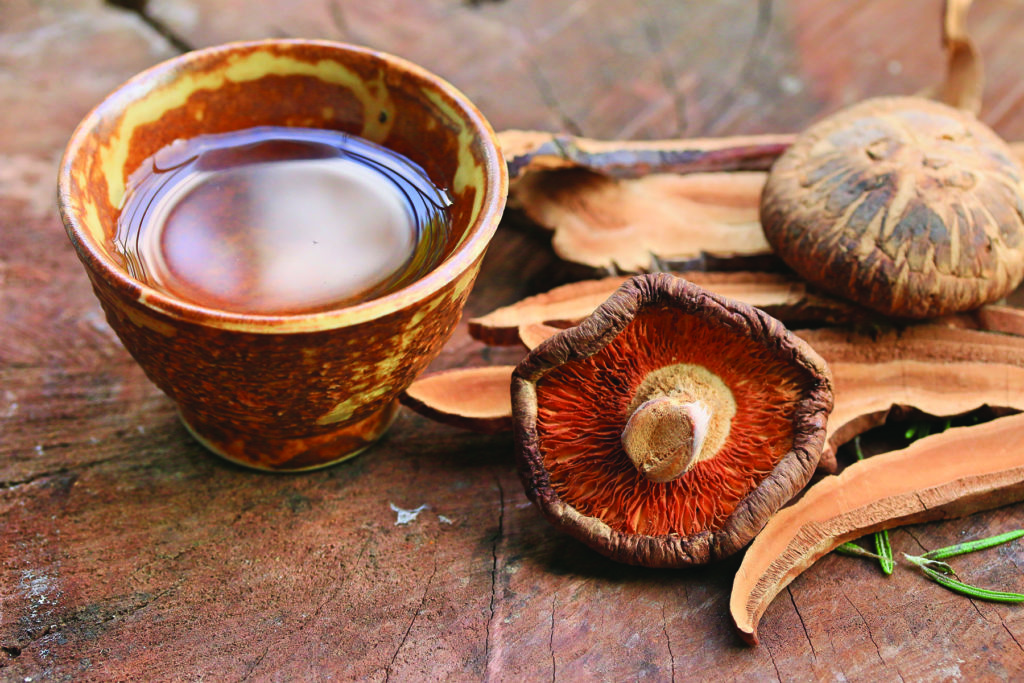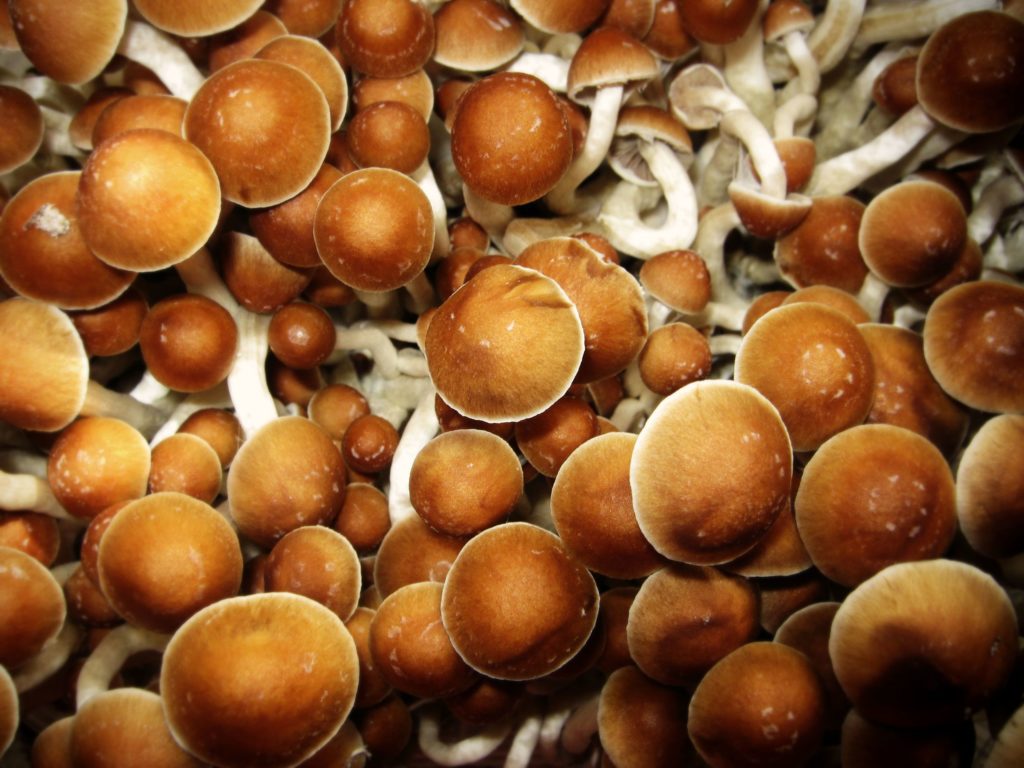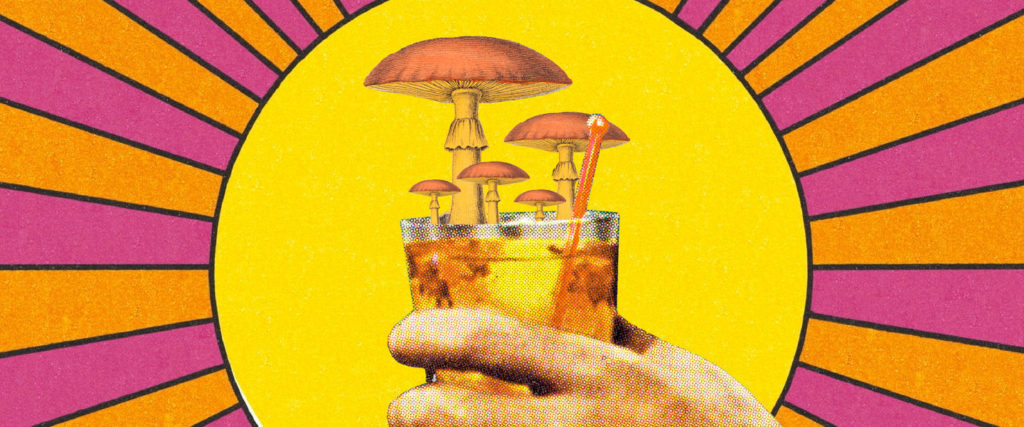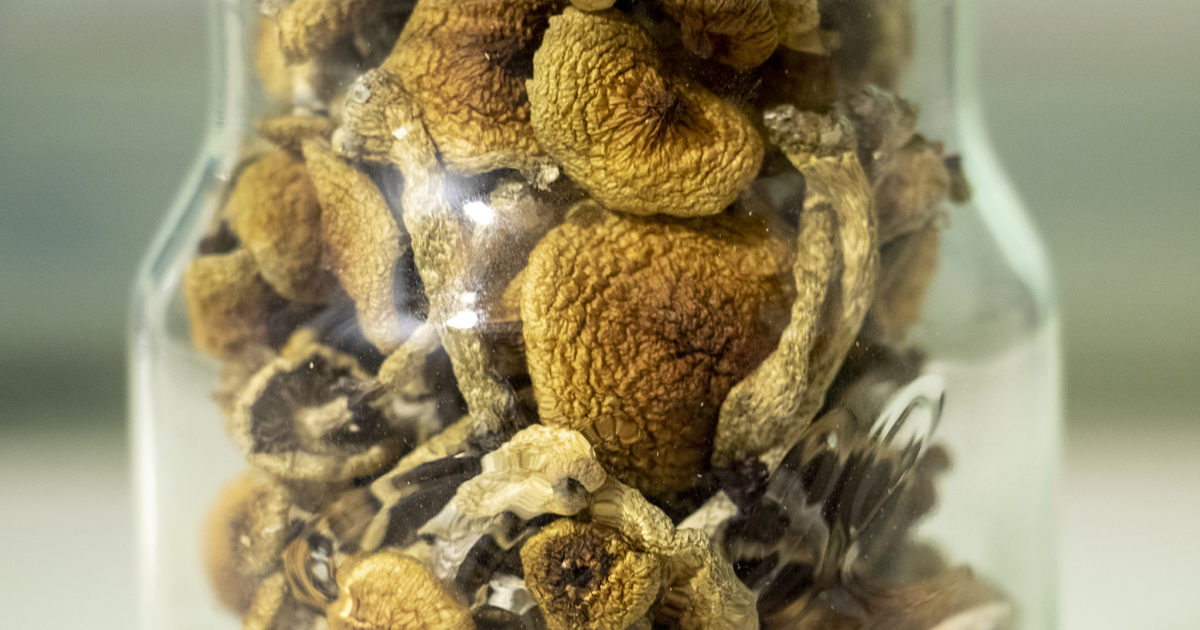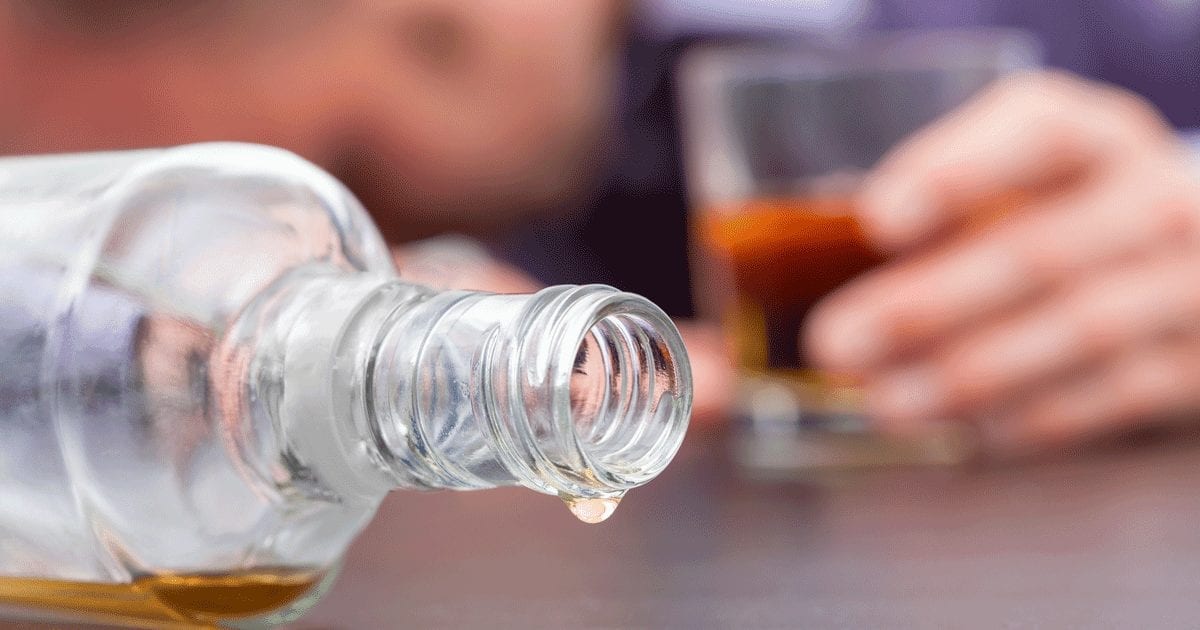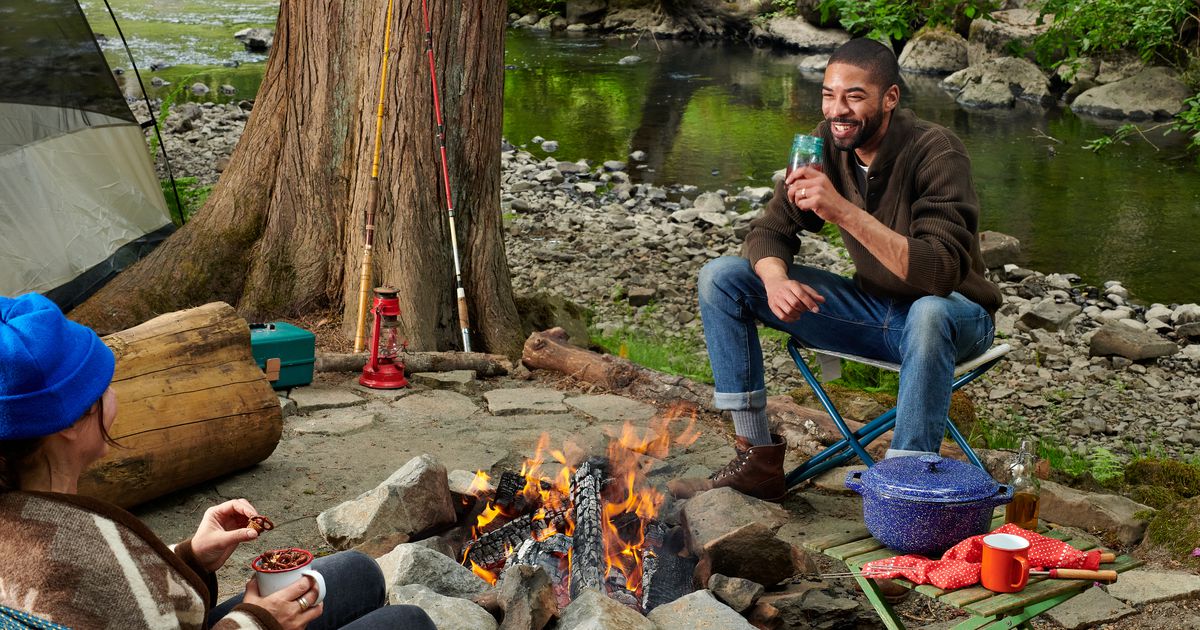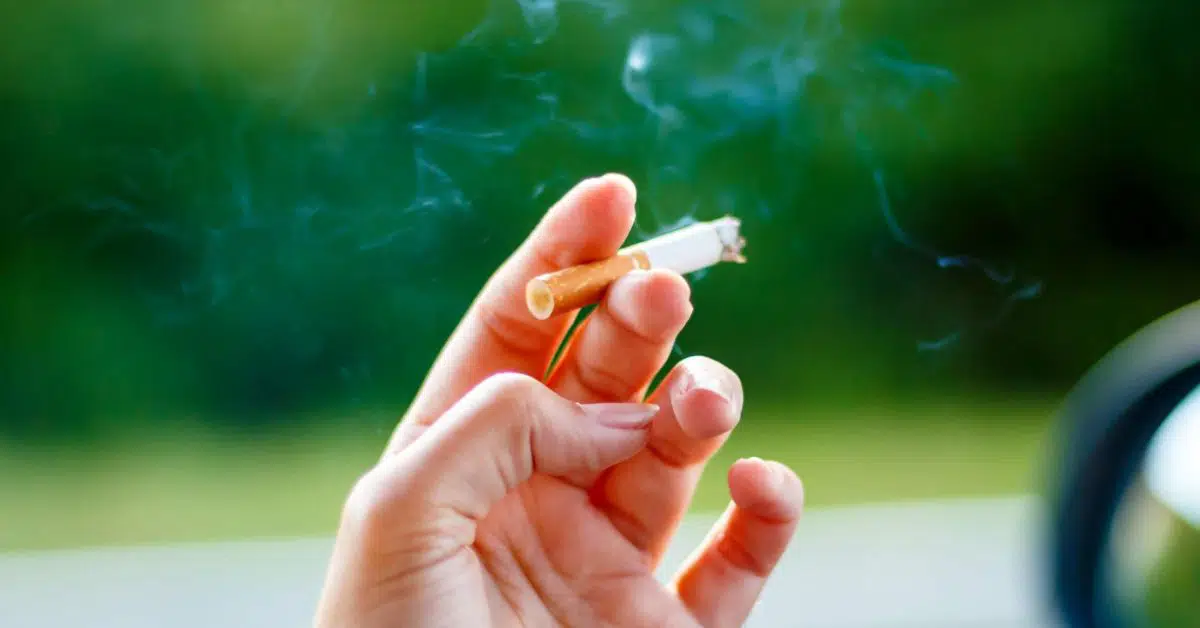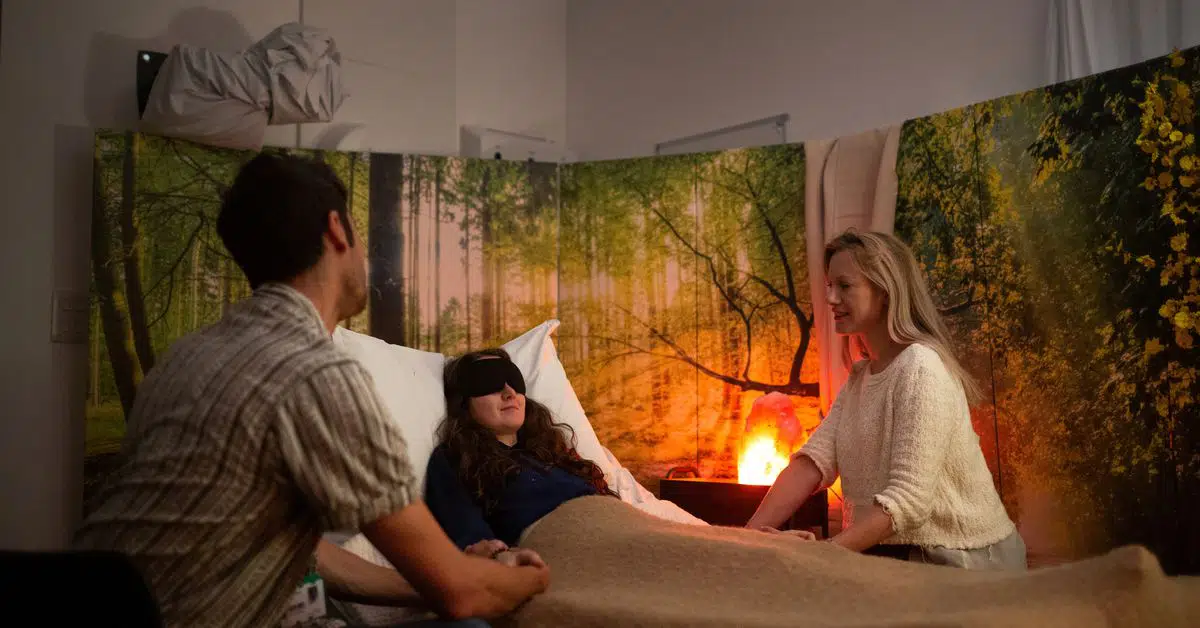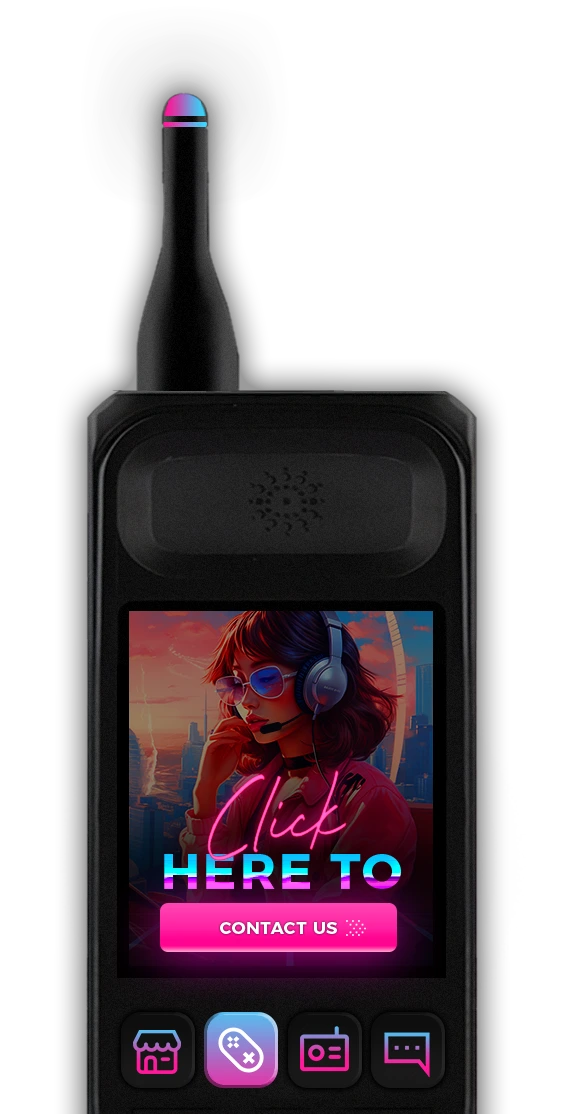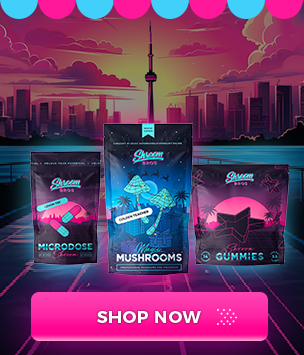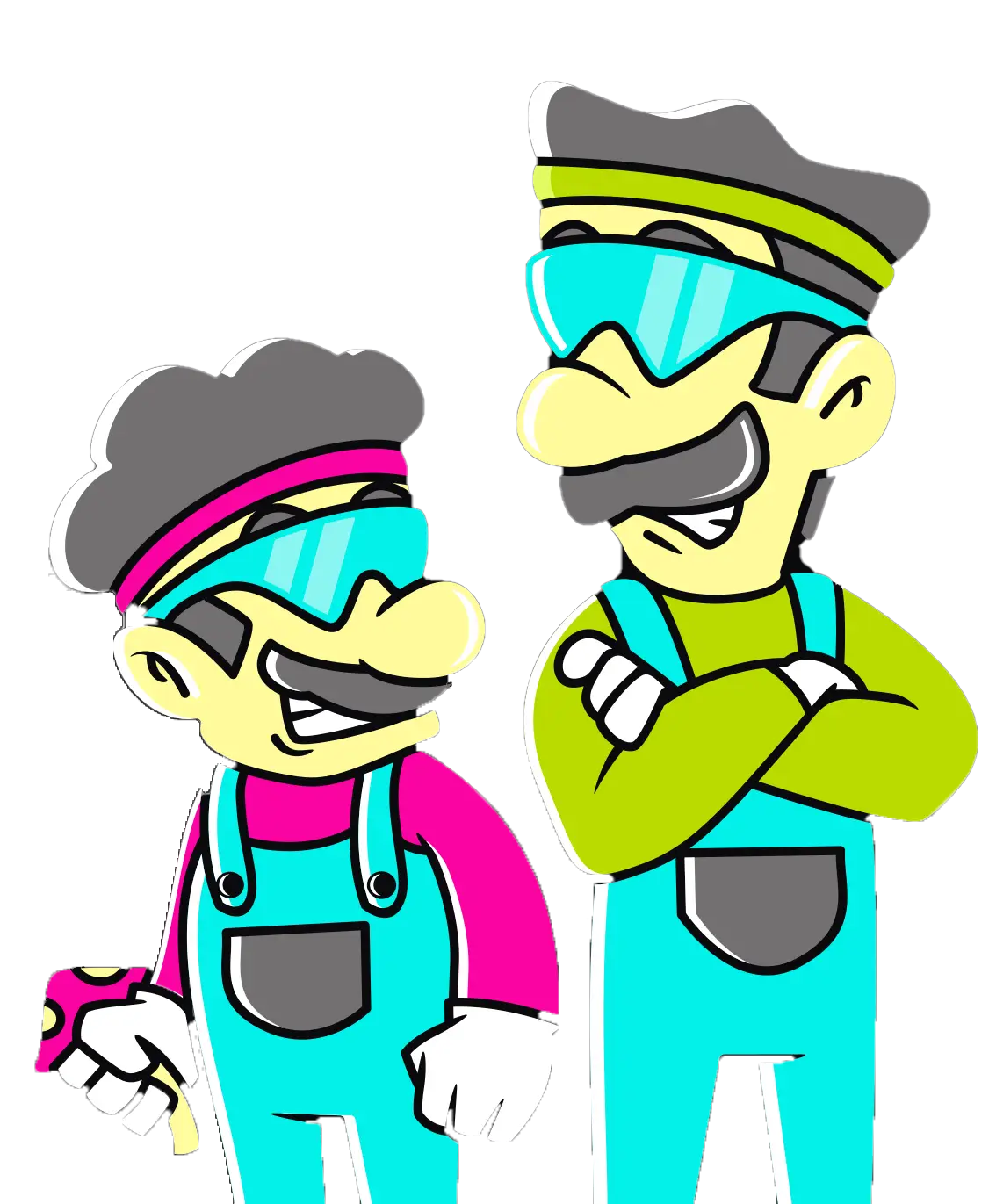The Healing Power of Psilocybin: Stories of Transformation
Introduction
In recent years, a remarkable resurgence in psychedelic research has shed light on the profound healing potential of substances like psilocybin, found in certain species of mushrooms. This resurgence has brought to the forefront incredible stories of personal transformation and therapeutic breakthroughs. In this article, we will delve into the world of psilocybin, exploring its history, the science behind its healing power, personal stories of transformation, legal implications, its impact on mental health, responsible use, comparisons with traditional treatments, the role of guides and therapists, controversies, and the exciting future possibilities.
What is Psilocybin?
Understanding Psilocybin Mushrooms Imagine a lush forest where vibrant, otherworldly mushrooms with colorful caps emerge from the damp earth. These mushrooms, known as psilocybin mushrooms or “magic mushrooms,” have been revered for centuries by indigenous cultures worldwide. They have been used in rituals and ceremonies to connect with the spirit world, gain insights, and facilitate healing.
Historical Use Centuries ago, in the heart of the Amazon rainforest, indigenous tribes gathered around a ceremonial fire, consuming psilocybin-containing mushrooms as part of a sacred ritual. Their intention was to communicate with ancestors and heal the sick. This historical use of psilocybin mushrooms spans continents, offering a rich tapestry of tradition and spirituality.
The Science Behind Psilocybin’s Healing Power
Psychedelic Research Resurgence In the mid-20th century, the exploration of psychedelics, including psilocybin, was stifled by stringent regulations. However, recent years have witnessed a revival of scientific interest. Imagine researchers conducting clinical trials where participants, guided by trained therapists, embark on inner journeys using psilocybin. These studies are uncovering profound insights into the human mind and its potential for healing and transformation.
How Psilocybin Works in the Brain Picture the human brain as a vast network of interconnected neurons. When psilocybin enters the bloodstream and crosses the blood-brain barrier, it binds to serotonin receptors, specifically the 5-HT2A receptor. This binding leads to alterations in perception, mood, and cognition. The brain’s default mode network, responsible for our sense of self and ego, undergoes temporary dissolution. This can be likened to a refreshing reset button for the mind, offering a unique opportunity for introspection and healing.
Stories of Transformation
Personal Accounts of Healing Meet Sarah, a 35-year-old woman from Chatham, ON who struggled with treatment-resistant depression for years. Traditional therapies and medications provided little relief. However, after learning she can buy magic mushrooms online at Shroom Bros, Sarah experienced a profound shift in her perspective. She describes it as if she had been wearing dark glasses her entire life, and suddenly, the world appeared in vibrant color. Sarah’s story is just one of many, illustrating the potential of psilocybin to offer hope and healing where other approaches have fallen short.
Therapeutic Applications Imagine a therapeutic setting where a trained therapist guides individuals through a carefully designed psilocybin session. These sessions are not about escape but rather a deep dive into one’s psyche. They are a safe space for confronting and processing unresolved emotions, traumas, and anxieties. Clinical trials have demonstrated remarkable results, with individuals reporting reduced symptoms of depression, anxiety, and PTSD after just a few sessions. Psilocybin’s capacity to reveal the underlying causes of mental suffering is at the heart of its therapeutic promise.
The Legal Landscape
Decriminalization and Medical Use Picture a city where local authorities have decided to decriminalize the possession and use of psilocybin for personal use. This change reflects a growing recognition of the substance’s potential benefits. In other regions, medical professionals are legally permitted to administer psilocybin in controlled therapeutic settings, offering a lifeline to those who have exhausted traditional treatment options.
Legal Status Worldwide The legal status of psilocybin varies worldwide. Some countries strictly regulate its possession and use, while others have adopted more progressive approaches. It is essential for individuals to be aware of and respect the laws and regulations in their respective regions.
Psilocybin and Mental Health
Depression and Anxiety Imagine a future where individuals with severe depression or debilitating anxiety find relief through psilocybin therapy. Clinical trials have shown that a single session can lead to significant reductions in depressive symptoms that can last for months. It’s akin to lifting a heavy fog that has obscured one’s emotional well-being for years.
PTSD and Trauma Visualize a war veteran who has struggled for years with debilitating PTSD. Through guided psilocybin therapy sessions, they can finally confront and process the traumatic experiences that have haunted them. The therapeutic potential of psilocybin in addressing PTSD is nothing short of transformative.
Safety and Responsible Use
Setting and Preparation Envision a comfortable room bathed in soft, warm light. A trained therapist sits nearby, offering emotional support. This is the setting for a psilocybin therapy session, carefully designed to ensure comfort and safety. Prior to the experience, participants engage in preparation sessions, setting intentions and addressing any fears or concerns.
Guidance and Integration Consider the guidance provided by experienced therapists during a psilocybin session as akin to a trusted hand that guides you through unfamiliar terrain. After the session, integration therapy helps individuals make sense of their experiences and apply the insights gained to their daily lives. It’s a process of transformation that extends beyond the psychedelic journey itself.
Psilocybin vs. Traditional Treatments
Comparing Efficacy Imagine comparing the effectiveness of traditional antidepressant medications, which often provide partial relief, to the profound shifts experienced by individuals through psilocybin therapy. While traditional treatments have their place, psilocybin offers a different paradigm of healing—one that addresses the root causes of mental suffering.
Side Effects and Risks While psilocybin is generally considered safe when used responsibly, it is not without potential risks. Nausea, anxiety during the experience, and, in rare cases, enduring psychological distress can occur. However, when administered in a controlled and supportive setting, the risks are significantly mitigated.
The Role of Guides and Therapists
The Importance of Professional Guidance Imagine navigating the uncharted waters of a psychedelic journey without an experienced guide. Trained therapists provide invaluable support, ensuring that participants feel safe and supported throughout the experience. Their expertise can mean the difference between a transformative journey and a potentially challenging one.
Integration Therapy Integration therapy is the bridge that connects the insights gained during a psilocybin session with one’s everyday life. It’s like translating a beautiful but cryptic dream into meaningful actions and changes. Therapists assist individuals in processing their experiences, helping them make lasting positive changes.
Challenges and Controversies
Ethical Concerns As psilocybin gains popularity, ethical concerns have emerged. Imagine a scenario where an individual, eager to experience psilocybin’s effects, fails to fully understand its potential risks and benefits. Informed consent and responsible use are ethical imperatives in the world of psychedelics.
Misuse and Abuse While responsible use of psilocybin for therapeutic purposes is showing great promise, recreational use carries inherent risks. Visualize a group of friends in a recreational setting, consuming psilocybin without guidance or intention. Education and responsible consumption practices are essential to prevent misuse and potential harm.
Future Possibilities
Ongoing Research Picture a future where psilocybin therapy is not limited to mental health but extends to treating addiction, end-of-life distress, and neurodegenerative disorders like Alzheimer’s disease. Ongoing research is uncovering the vast potential of this remarkable substance, paving the way for innovative therapeutic applications.
Conclusion
In conclusion, the healing power of psilocybin is an exciting frontier in modern medicine and psychology. With its potential to transform lives and alleviate suffering, psilocybin is gaining recognition as a valuable tool in mental health treatment. However, it is essential to approach its use with caution, respecting legal regulations and seeking guidance from qualified professionals. As we continue to explore its possibilities, the future of psilocybin therapy holds promise for individuals seeking healing and transformation.
If you are looking to buy magic mushrooms online in Canada, Shroom Bros is always here for you! Shop Today
Frequently Asked Questions (FAQs)
- Is psilocybin legal everywhere?
- The legal status of psilocybin varies by country and region. It is essential to research and understand the laws in your area before considering its use.
- How does psilocybin therapy compare to traditional psychiatric treatments?
- Psilocybin therapy offers a unique approach that may be effective for some individuals who have not responded well to traditional treatments. It involves guided sessions in which individuals experience profound insights.
- Are there any potential side effects of using psilocybin?
- While psilocybin is generally safe, it can lead to short-term side effects such as nausea and anxiety during the experience. In rare cases, enduring psychological distress may occur.
- What role do therapists play in psilocybin-assisted therapy?
- Therapists and guides provide emotional support, ensure a safe environment, and help individuals navigate their psychedelic experiences. They also assist in post-session integration therapy.
- What does the future of psilocybin research look like?
- The future of psilocybin research is promising, with ongoing studies exploring its potential in various areas, including addiction treatment, end-of-life care, and neurodegenerative disorders. As our understanding grows, so does the potential for innovative therapeutic applications.

